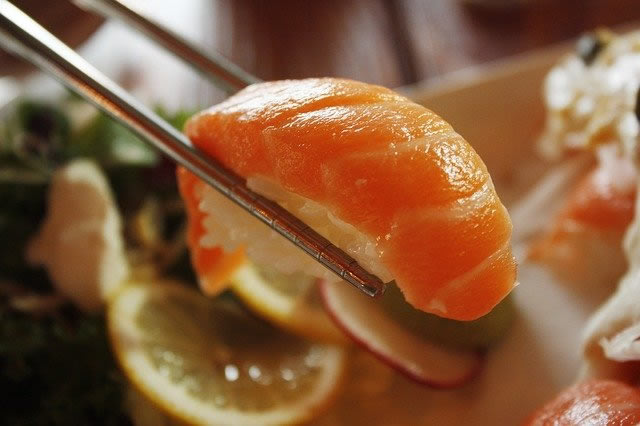今日から「Should we eat more like the Japanese? -「私たちは日本人のように食べるべき?」を読んでいます。

Japan has the most centenarians – those 100 years old or more – of any country in the world.
日本は100歳以上の「センテナリアン」が世界で最も多い国である。
centenarian「百歳(以上)の、百年(祭)の、センテナリアン」。
Forty-eight in every 100,000 people in the country make it to their century.
10万人のうち48人が100才を迎える割合だ。
Nowhere else on Earth really comes close.
日本以外、地球上のどこにもない。
Numbers like that can cause people in other parts of the world to sit up and pay attention.
このような数字は、世界の人々が注目するきっかけになるだろう。
What is they have that we don’t?
日本人にはあって、我々にないものとは?
Is it something they’re eating?
彼らが食べている物だろうか?
It’s buzzes like this that gave us such things as the Mediterranean diet.
こういった話から、地中海式ダイエットなども流行った。
Its popularity outside of the Mediterranean can be traced back to American nutritionist Ancel Keys and his interest in the centenarians of Italy, whose diet was low in animal fat, back in the 1970s.
地中海沿岸以外で人気になったきっかけは、70年代にアメリカの栄養学者アンセル・キーズが、動物性脂肪分の少ない食事をするイタリアのセンテナリアンに興味を持ったのが発端だ。
In the 1990s, another nutrition researcher, Walter Willett, mentioned Japan’s unusually long-lived population in a paper, along with its low number of deaths from heart disease.
90年代には同じく栄養学の研究者、ウォルター・ウィレットが論文の中で、心臓病による死亡者数の少なさと共に、日本の異常なまでの長寿に言及。
Since then, numerous research papers have asked whether this longevity be linked to food.
以来、この長寿は食べ物と関係があるのでは?という論文が数多く発表されている。
And if so, what foods might the rest of us, in hopes of garnering similar lifespans, start adding to our shopping lists?
もしそうだとしたら、同じくらいの寿命を得るために、我々はどんな物を買い物リストに加えたらいいのだろう?
garner「集め(て蓄え)る、~を努力して獲得する」。
元気な高齢者が多い国・日本という印象はかなり昔からあったようで、イギリスの下宿先のおばあちゃんにも、日本では皆何を食べているの?と聞かれました。
そこで魚はよく食べます、焼いても生でも・・・と答えたら、生の魚!?スシとかいうアレね・・・と(自分には無理と思ったのか?)肩をすくめていたのを思い出します(笑)。
その頃(20年以上前)は、興味はあるけど自分たちにはあまり馴染まないと考える人も多かった気がしますが、今では世界のあちこちで取り入れられるようになりましたね。
彼らは日本の食事をどう捉えているのか、早速読んでいきましょう!
理由は単純明快!「少ないコストでしっかり楽しく学べるから」。
私自身の経験(高機能でビックリ)をびっしり書いていますので、良かったら読んでみてください。
下のバナーからどうぞ!






